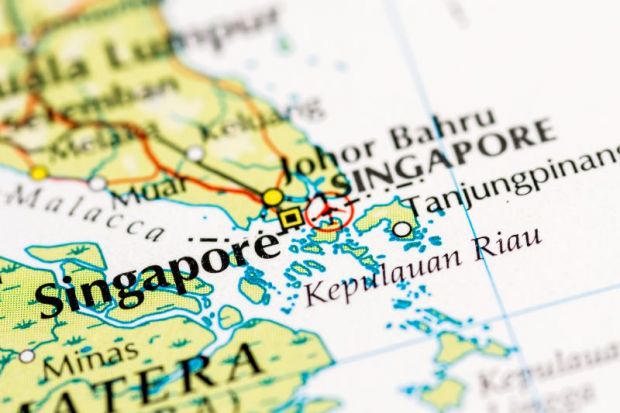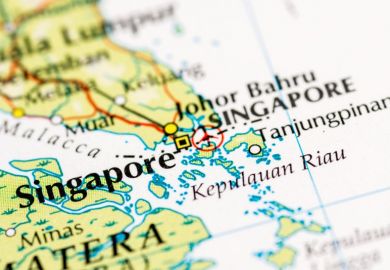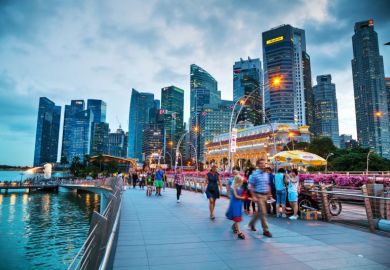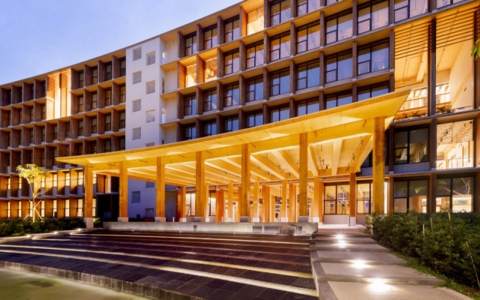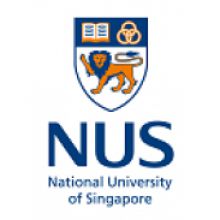It’s a strange world. For at least a decade, anglophone academics have been pressured to play down the language of free academic enquiry and adopt the transactional practices of commerce. To balance the tricky pursuit of intellectual excellence against how immediately they can get their ideas adopted – even if those ideas turn out to be rubbish. It’s a predicament that has prompted many wounded whines of outrage.
To its credit, Singapore has so far resisted these trends. Instead, it has invested in its public universities while walking the line between national priorities and global patterns of development. The result is that the National University of Singapore and Nanyang Technological University, Singapore have become, in the words of Cherian George, “research powerhouses”, shooting up the global rankings.
This seems straightforwardly praiseworthy. Building these institutions took courage and foresight. For George, however, the outrage runs in the opposite direction. The rapidity of Singapore’s international success can only mean that the nation is being disadvantaged in some way. Perhaps in the same way that the success of the Barcelona and Real Madrid football clubs has proved so awful for the Spanish national football team.
If you’re not familiar with Singapore, it will be difficult to appreciate how absurd it is to claim that scholars in the humanities and social sciences have retreated from the public sphere. They were never there.
Go back 20 years and the opportunity to study a wide range of arts and humanities was available only to the local elites able to afford to go to Oxbridge or the Ivy League. Histories of Singapore, meanwhile, tended to reflect the preoccupations of the personalities who were there at the nation’s forging: formidable figures such as Lee Kuan Yew, S. Rajaratnam and Mary Turnbull. This is all logical enough, and probably as it should be.
However, prosperity and the turning of the generational wheel have prompted new questions. Singapore was a state made through regional and global connections; Singaporeans are naturally curious to understand the nature of these, and to compare their observations and experiences with global ones. By constantly bemoaning what he perceives as the lack of the local, George forgets that you can learn something about your own culture by learning about that of others.
His intervention is particularly weird because many interesting things are afoot in Singapore. The messy diversity of imaginative interests in the past is beginning to bubble up through the astounding work of the comic artist Sonny Liew and the films of directors such as Tan Pin Pin, Royston Tan and Eva Tang. It’s also visible in the works of local and South-east Asian contemporary artists such as Ho Tzu Nyen, Zai Kuning and Ade Darmawan. If these works had been produced in Western cities still clinging to reputations for “edginess”, this promising ferment would be more widely recognised.
This is the evolving ecosystem that the NTU history department, where I work, draws on and attempts to contribute to. The department is barely five years old, but we do have historians of Singapore – including historians of its coastline, religious festivals and small traders, as well as of Asian scientists and the colonial era in Asia – and a practitioner-historian of Chinese medicine. Our first doctoral graduate is preparing a season of talks and screenings tracking popular portrayals of communism in the region. Our offerings to the local history programme at the National Museum have ranged over the past year from the history of tigers to food history to popular misperceptions of the Opium War. We visit local schools and individually contribute to public debates, seasons and exhibitions. These are not the activities of “professors who show no interest in the real world passing by their window”.
What’s more, the department recently launched a “public and applied history” module that compels our students to tackle “real-life” projects for local organisations. We have also just taken in our first intake of Singaporean MA students – because, for better or worse, the greater Singaporeanisation of staff in universities that George wants to see is the direction that the country is assuredly moving in. There’s certainly much more that could be done, but whatever’s happening, it really is not a retreat from the public sphere. For a country that scrapped the teaching of history for two decades after 1972, it looks more like remarkable progress.
Of course, there is an elephant in the room here. George is an activist scholar. He wrote his article and the book that it is extracted from to advance his particular analysis of what is wrong with contemporary Singapore. Fair enough. There is a frequently-made case for scholarly intervention in the political matters of the day.
However, if we took the Brexit referendum as an example, you’d have to say that despite their best efforts, whether for or against remaining in the European Union, UK academics played a marginal role. The risk is that you add to the noise while undermining wider confidence in the ability of scholars to produce higher-level analyses and foster longer-term reflections. This is particularly critical in Singapore, where spaces outside the government for deep and sustained debate are still at a premium.
Thinking through the roles that the humanities and social sciences can and should play in Singapore is an ongoing process. George’s intervention is an attempt to fire down a future in thunderbolts. Things. Should. Be. Like. This. But there’s another mantle of leadership that academics can assume, which sees their role as encouraging Singaporeans to take responsibility for developing the myriad cultural and intellectual opportunities now opening up in whatever ways they see fit.
Scott Anthony is an assistant professor in history at Nanyang Technological University, Singapore.
Register to continue
Why register?
- Registration is free and only takes a moment
- Once registered, you can read 3 articles a month
- Sign up for our newsletter
Subscribe
Or subscribe for unlimited access to:
- Unlimited access to news, views, insights & reviews
- Digital editions
- Digital access to THE’s university and college rankings analysis
Already registered or a current subscriber?
